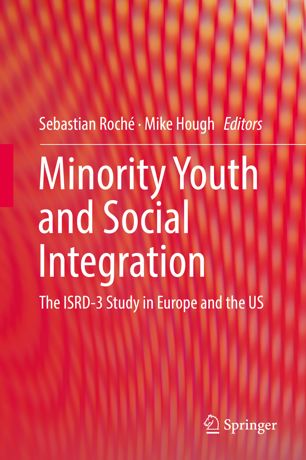

Most ebook files are in PDF format, so you can easily read them using various software such as Foxit Reader or directly on the Google Chrome browser.
Some ebook files are released by publishers in other formats such as .awz, .mobi, .epub, .fb2, etc. You may need to install specific software to read these formats on mobile/PC, such as Calibre.
Please read the tutorial at this link: https://ebookbell.com/faq
We offer FREE conversion to the popular formats you request; however, this may take some time. Therefore, right after payment, please email us, and we will try to provide the service as quickly as possible.
For some exceptional file formats or broken links (if any), please refrain from opening any disputes. Instead, email us first, and we will try to assist within a maximum of 6 hours.
EbookBell Team

4.1
50 reviewsThis book examines the processes for social integration and social cohesion among young people, drawing on data collected from the International Self-Report Delinquency (ISRD) study, which covered 35 studies.This report examines case studies from 5 selected countries (France, Germany, the Netherlands, the United Kingdom, and the United States) to provide an in-depth comparative study.
Social integration processes are defined by sociologists as the mechanisms through which a society is held together, and populations are transformed into collectivities and communities. They are understood by criminologists to be an important factor in crime prevention, and factors such as peer groups and families are strong determinants of criminal behavior.
In a time when society, and particularly young people, can seem increasingly fragmented (due to new technologies, rapidly increasing migration, economic inequality, and increased individuation), the researchers in this volume seek to understand whether and how these phenomena affect young people, and how they may have an impact on the development of criminal and antisocial behavior.
This work will provide a framework for researchers in criminology and criminal justice, particularly with an interest in juveniles, developmental criminology, and crime prevention, as well as related fields such as sociology, social work, and demography.